In the dialogue on tax and customs, businesses simultaneously reflected on the many years of problems that caused them losses. In response, the Customs representative said that they had done their best, and the tax sector was ready to take responsibility and compensate if the court issued a verdict.
The Dialogue Conference on tax and customs policies and administrative procedures in 2024 was recently held by the Ministry of Finance and the Vietnam Federation of Commerce and Industry (VCCI) on December 10 with many frank opinions.
Fiber businesses 'cry for help', Customs says 'have done their best'
“Our company and many other cotton yarn enterprises in Thai Binh province produce OE yarn, the main raw material for production is imported cotton waste. In late 2023 and early 2024, at the request of the General Department of Customs, the customs branches under the Hai Phong Customs Department took samples of imported goods and sent them to the Textile Institute under the Ministry of Industry and Trade for appraisal. The appraisal result was waste cotton."
Mr. Ngo Manh Hung, Legal Manager and legal representative of Thai Binh Cotton Company Limited, began his business story with great emotion.
"The Department of Industry (Ministry of Industry and Trade) confirmed that Vietnam does not have standards for cotton waste, so the Textile Institute's conclusion that the cotton waste was appraised is unfounded. However, based on the appraisal results, Hai Phong Customs did not allow customs clearance," said Mr. Hung.
Therefore, businesses have asked the Ministry of Finance to proactively report to the Prime Minister to find a solution to the problem of importing cotton and removing difficulties for businesses, but for the past year, there has been no support.
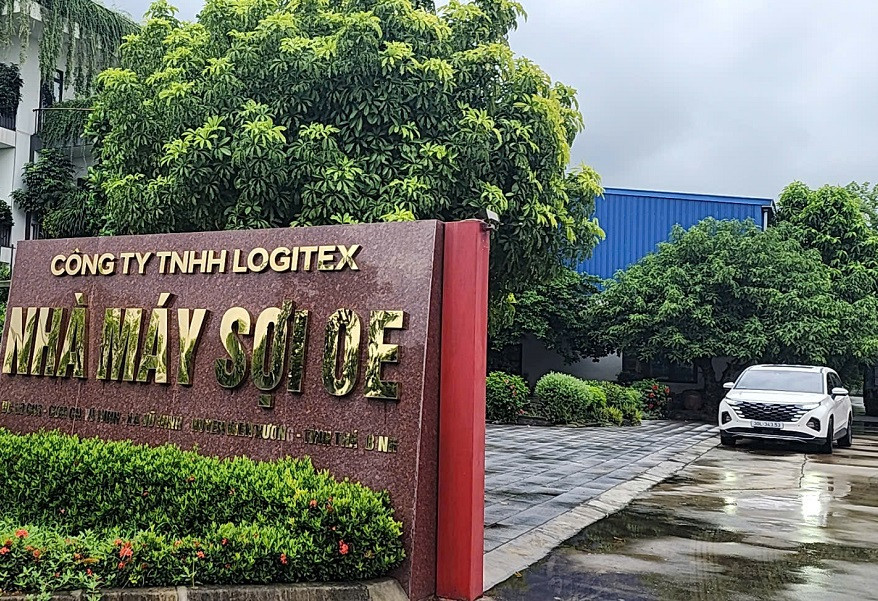
Without customs clearance, some businesses had no raw materials for production and were forced to close; some had to limit production because they had to buy back fallen cotton from other importers.
“If the fallen cotton is scrap that is not allowed to be imported, it can be destroyed or re-exported, but Hai Phong Customs and the General Department of Customs do not have a definitive solution. Businesses have had to pay warehouse fees for nearly a year, amounting to billions of dong,” Mr. Hung shared.
Regarding the above reflection of enterprises, Mr. Luu Manh Tuong, Deputy Director General of the General Department of Customs, explained that cotton wool is divided into 2 types: rough carded and combed. When working with the Ministry of Finance, the Ministry of Natural Resources and Environment also affirmed that combed cotton wool is not waste, so it is allowed to be imported as raw material to produce OE yarn. Enterprises importing combed cotton wool have no problems.
But with carded cotton, although the business declares it, when analyzed and appraised, the impurity rate is very high, in some cases up to 40%.
The General Department of Customs has worked with the Ministry of Industry and Trade (related to textiles), the Ministry of Natural Resources and Environment (related to scrap), and the Ministry of Justice (related to legality) to find solutions for businesses.
“We sympathize with the difficulties of businesses. Currently, all businesses importing carded cotton are stuck. We have done our best within our authority,” said Mr. Tuong, adding that the Ministry of Finance has reported this issue to the Government.
However, speaking to VietNamNet reporters on the sidelines of the conference about the response from the representative of the General Department of Customs, Mr. Ngo Manh Hung expressed: "We are not satisfied with the response."
"It is recommended that the Ministry of Finance, the Ministry of Industry and Trade, and the Ministry of Natural Resources and Environment organize a working group to visit the actual production of fibers from carded cotton to make appropriate policy recommendations," Mr. Hung proposed.
Sued by a business, the General Department of Taxation pledges to compensate if it makes a mistake
At the conference, Mr. Pham Minh Khoa, Director of An Phat Global Import-Export Company, reflected on a story that has lasted for many years.
Specifically, in the two VAT refund periods (32 and 33), An Phat Company exported cassava starch to many Chinese enterprises with a total quantity of more than 12.3 thousand tons. The customs authority confirmed that "all goods were exported". However, in early 2020, the tax authority said that An Phat exported fake goods and decided to conduct a tax inspection because it suspected An Phat of VAT fraud.
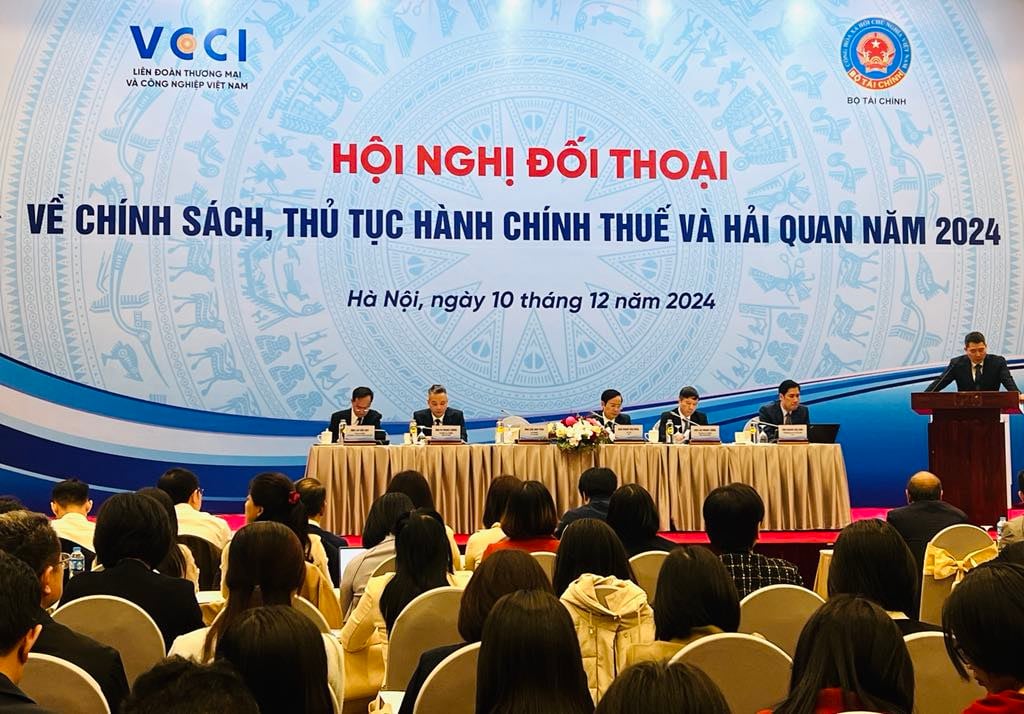
This company confirmed that the documents were complete as in the previous 31 periods, but in the 32nd and 33rd tax refund periods, An Phat did not receive a tax refund of VND 11.5 billion.
"The tax authority based on the lack of judicial assistance from China to not refund taxes, so who will be responsible for our losses?", Mr. Khoa raised the issue.
“On June 20, 2024, we filed a lawsuit against the tax authority at the People's Court of Ba Dinh District (Hanoi),” informed An Phat Director.
Responding to businesses, Mr. Vu Manh Cuong, Deputy General Director of the General Department of Taxation, said: According to the report of the Hanoi Tax Department, in tax refund period 32-33, realizing that An Phat Company had high risks, the Tax Department requested the General Department of Taxation to support verifying information of An Phat's import customers.
Verification results show that one company that purchased goods from An Phat has abandoned its business address, two companies and three individuals do not exist at the business address, and 15 companies and three individuals do not admit to having economic relations with An Phat Company.
“The fact that the importer does not exist or does not admit to importing goods from An Phat Company leads to high risks regarding the legality of the contract - one of the conditions for tax refund,” Mr. Cuong emphasized.
The General Department of Taxation also said that it had learned that An Phat Company had filed a lawsuit with the People's Court of Ba Dinh District (Hanoi).
"We pledge that the tax authority will comply with the provisions of the law on litigation and comply with the court's judgment. If the tax authority makes a mistake, it will be held responsible and compensated," Mr. Cuong affirmed.
Coal scrap purchasing businesses face difficulties with input invoices
At the conference, scrap purchasing businesses also had their own concerns. According to Mr. Vu Truong Thinh, General Director of XUMI Vietnam Group, businesses face many difficulties in input invoice procedures, because scrap traders do not have an accounting system and do not have financial invoices.
This situation has lasted for many years without any solution, causing businesses to fail to complete their production and business tasks, leading to budget losses.
Illegal invoices occur every day without being thoroughly managed. Businesses that are negative about invoices have high income and profit, while healthy businesses suffer losses.
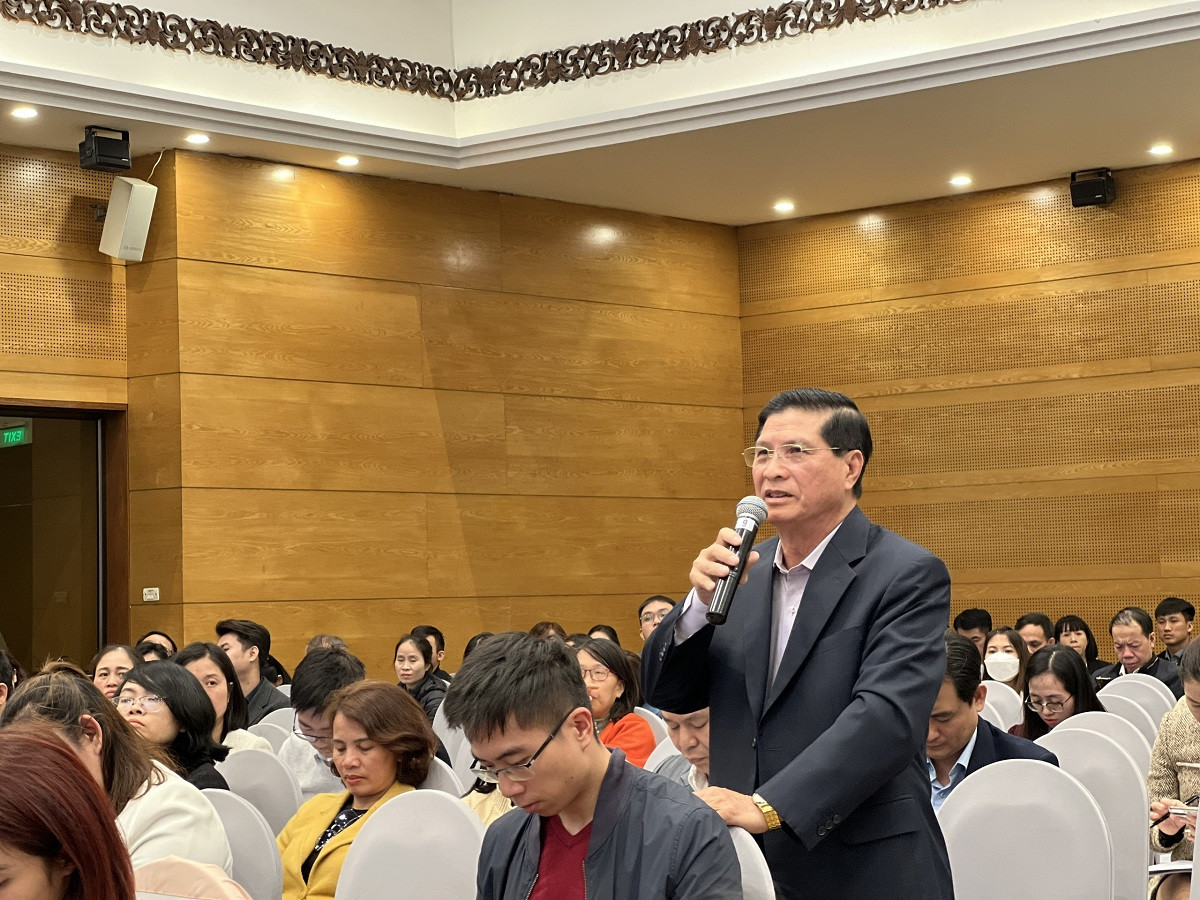
The General Director of XUMI Vietnam Group suggested that in the transaction of buying and selling scrap, waste, construction materials, agricultural, forestry, and seafood products, a mechanism can be applied to allow buyers to pay taxes on behalf of sellers. The registration and declaration of tax payment by enterprises on behalf of individual business households is in accordance with legal regulations.
Taking note of the business's proposal, Deputy Director General of the General Department of Taxation Vu Manh Cuong noted: For those who sell scrap to companies that directly collect scrap, they only need to make a list, not an invoice because they do not have the ability to make an invoice.
The General Department of Taxation has received and studied tax policy proposals from scrap collection enterprises, but there are problems with some cases of smuggled goods, which require strict solutions.
“The General Department of Taxation is developing a voluntary tax refund compliance program. Any business that accompanies the tax authority from the beginning, and we have a clear understanding of the business situation of the business, will have its tax refunded very quickly. This set of criteria for voluntary tax refund compliance will soon be launched and made public so that all businesses in need can register to join,” Mr. Cuong added.
Source: https://vietnamnet.vn/doanh-nghiep-keu-ca-bi-thue-hai-quan-lam-kho-lanh-dao-hai-nganh-noi-gi-2350720.html






![[Photo] Prime Minister Pham Minh Chinh and Prime Minister of the Kingdom of Thailand Paetongtarn Shinawatra attend the Vietnam-Thailand Business Forum 2025](https://vphoto.vietnam.vn/thumb/1200x675/vietnam/resource/IMAGE/2025/5/16/1cdfce54d25c48a68ae6fb9204f2171a)

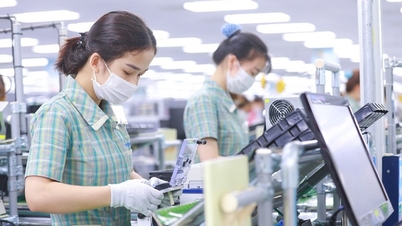





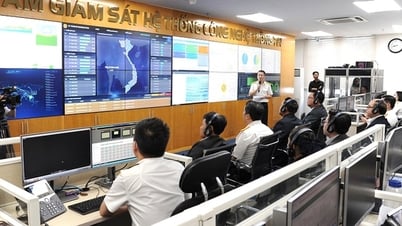


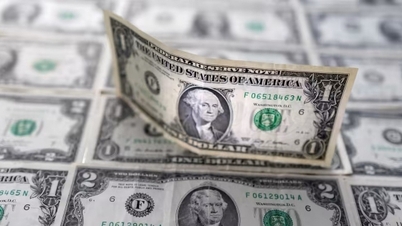

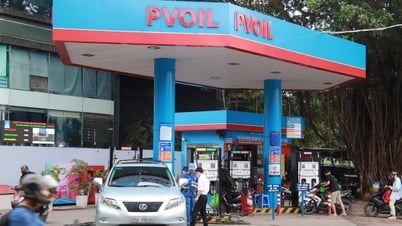


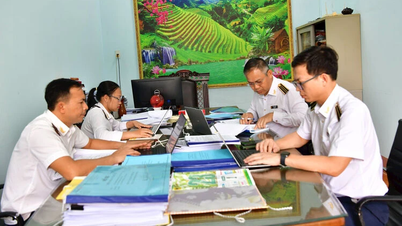

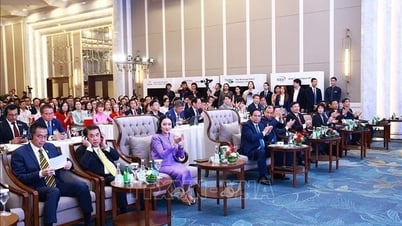











![[Photo] President Luong Cuong receives Prime Minister of the Kingdom of Thailand Paetongtarn Shinawatra](https://vphoto.vietnam.vn/thumb/1200x675/vietnam/resource/IMAGE/2025/5/16/52c73b27198a4e12bd6a903d1c218846)









































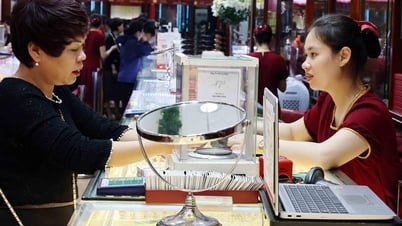



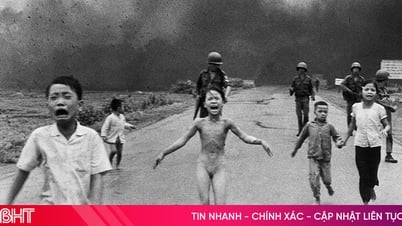
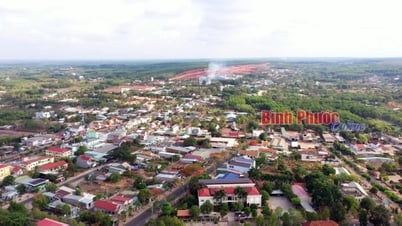

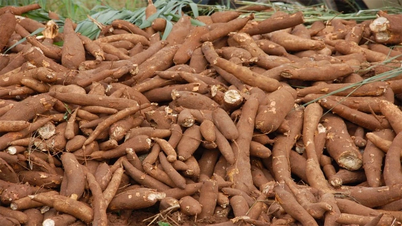













Comment (0)